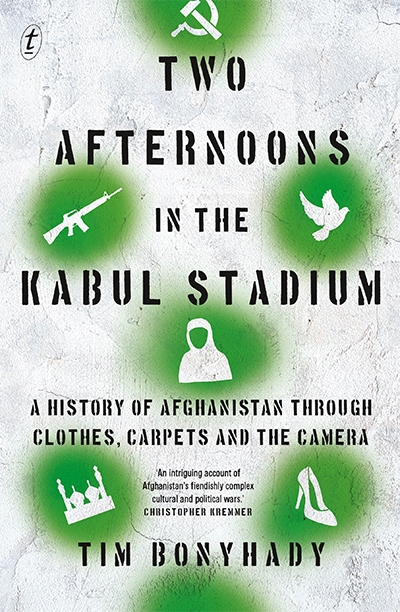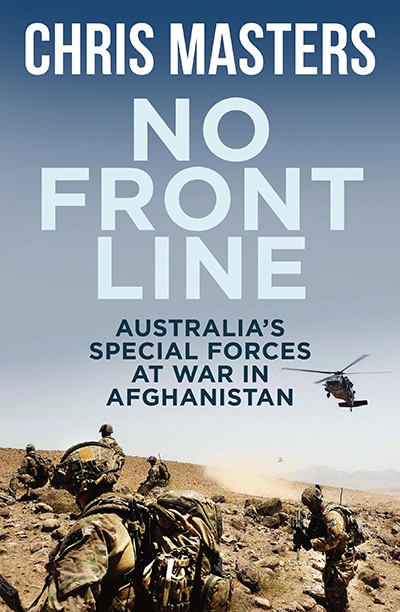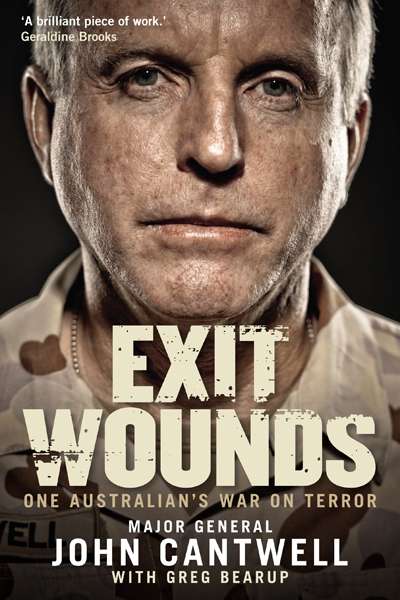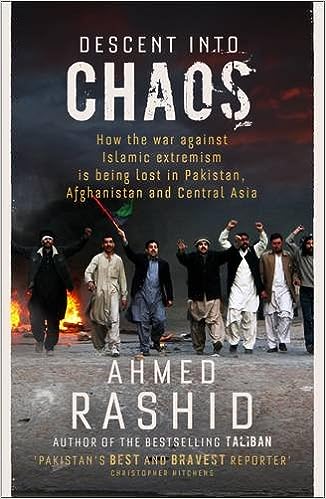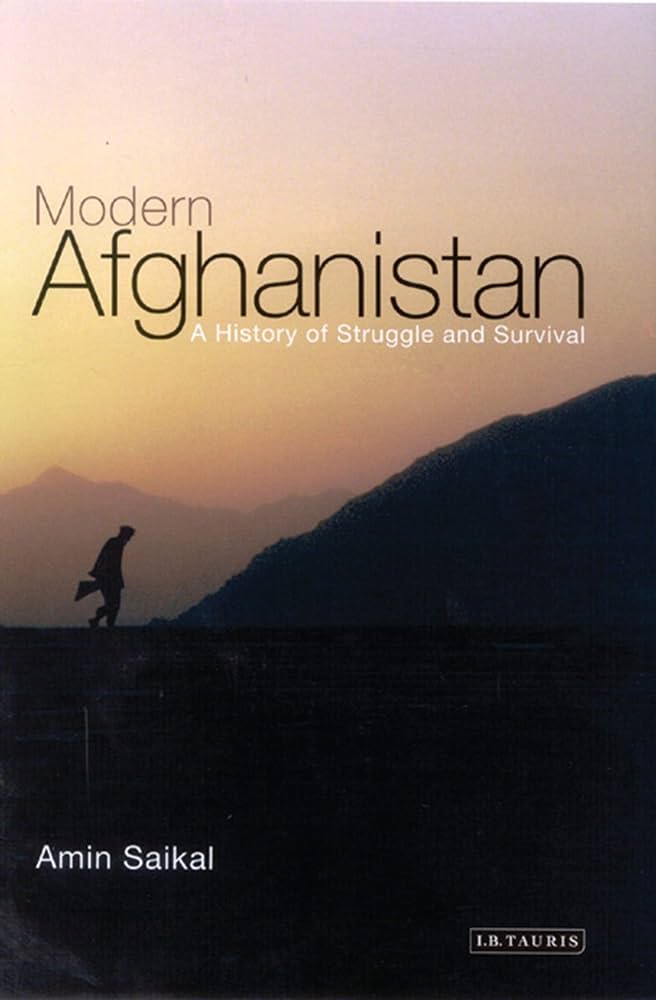Afghanistan
Film | Theatre | Art | Opera | Music | Television | Festivals
Welcome to ABR Arts, home to some of Australia's best arts journalism. We review film, theatre, opera, music, television, art exhibitions – and more. To read ABR Arts articles in full, subscribe to ABR or take out an ABR Arts subscription. Both packages give full access to our arts reviews the moment they are published online and to our extensive arts archive.
Meanwhile, the ABR Arts e-newsletter, published every second Tuesday, will keep you up-to-date as to our recent arts reviews.
Recent reviews
Two Afternoons in the Kabul Stadium: A history of Afghanistan through clothes, carpets and the camera by Tim Bonyhady
by Morag Fraser •
No Front Line: Australia’s special forces at war in Afghanistan by Chris Masters
by Kevin Foster •
Exit Wounds: One Australian’s War on Terror by John Cantwell with Greg Bearup
by Nick Hordern •
Descent into Chaos: How the war against Islamic extremism is being lost in Pakistan, Afghanistan and Central Asia by Ahmed Rashid
by Riaz Hassan •
The Taliban and the Crisis of Afghanistan by Robert D. Crews and Amin Tarzi (eds)
by Riaz Hassan •
Modern Afghanistan: A history of struggle and survival by Amin Saikal
by Samina Yasmeen •

